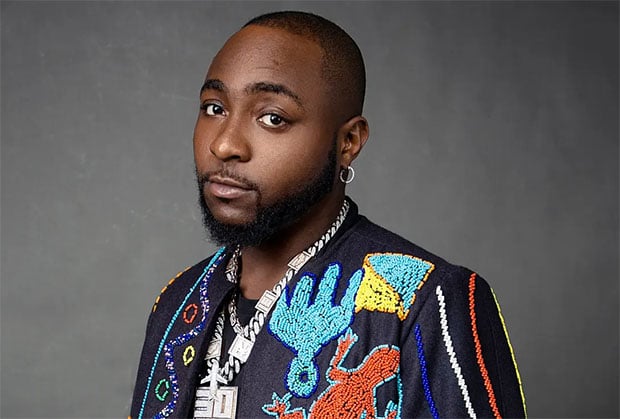Afrobeats sensation Davido has stirred significant controversy following remarks he made during a guest appearance on the American podcast Big Homies House, where he raised alarms about Nigeria’s economy. In the episode, Davido cautioned Americans against relocating to Africa, specifically Nigeria, characterizing the nation’s economic state as one in “shambles.” This bold statement has ignited a firestorm of criticism and backlash from various quarters, including prominent figures in Nigeria who vehemently condemned his comments. Critics such as Joe Igbokwe and Reno Omokri have voiced their disapproval, arguing that Davido’s remarks contribute to a negative portrayal of Nigeria at a time when many believe a more optimistic narrative should be emphasized.
In response to the backlash, Davido utilized social media to assert his position, suggesting that the outrage he faced stems from the fact that entertainers like him are seen as “real ambassadors” of Nigeria. He expressed his frustration on his platform, X (formerly known as Twitter), stating, “Y’all mad ’cause we the real ambassadors!” This comment underlines his belief in the influential role artists play in shaping both national pride and public perception, highlighting the pressure that celebrities face when addressing sensitive subjects related to their home country. His assertion suggests a deeper understanding of the responsibilities that come with public visibility and the impact that statements by prominent figures can have on national image.
Adding to the drama, Davido claimed that he has faced threats of having his upcoming December concert in Lagos canceled as a consequence of his interview. His post included a dismissive tone, writing, “Dem say dem go cancel my show cus of my interview … loooool I don’t have to perform in Nigeria.” This statement reveals the tension between artists and public sentiment, particularly in a nation grappling with economic challenges and societal discourse surrounding its image. The prospect of concert cancellation not only reflects the stakes involved for entertainers but also opens up a broader conversation regarding freedom of expression and the consequences that public figures may endure for their comments.
The incident has reignited discussions about the role of celebrities in engaging with socio-economic issues and whether they should feel compelled to shield their country from criticism. While some argue that artists should leverage their platforms to push for greater awareness of challenges faced in Nigeria, others believe that public figures have a responsibility to promote a favorable image of the nation. This duality in expectation can place celebrities like Davido in a precarious position, having to navigate their personal beliefs and the potential fallout from their public statements. The complexities of these expectations are especially pronounced in socio-political climates where economic struggles persist and public sentiment is often charged.
Despite the wave of criticism Davido is facing, his fanbase has rallied behind him, demonstrating unwavering support. Fans have expressed hope that his Lagos concert will proceed as planned, showcasing the loyalty and admiration that many hold for the star. This support serves as a reminder of the power dynamics that exist between artists and their audiences; while public figures may face criticism from certain sectors, they can also find steadfast allies in their fan communities. Such loyalty highlights the dual nature of celebrity, wherein public figures are simultaneously admired and scrutinized for their words and actions.
The discourse surrounding Davido’s remarks and the subsequent reactions encapsulate a larger narrative about the role of artists in contemporary society. As Davido stands at the intersection of fame, responsibility, and free expression, his situation underscores the challenges faced by individuals in the public eye. Whether through concert performances or social media interactions, the expectations placed upon celebrities to represent their nations accurately and positively add layers of complexity to their roles. As the situation unfolds, it will be crucial to observe how this incident shapes future conversations about the interplay between celebrity culture, national identity, and socio-economic discourse.














